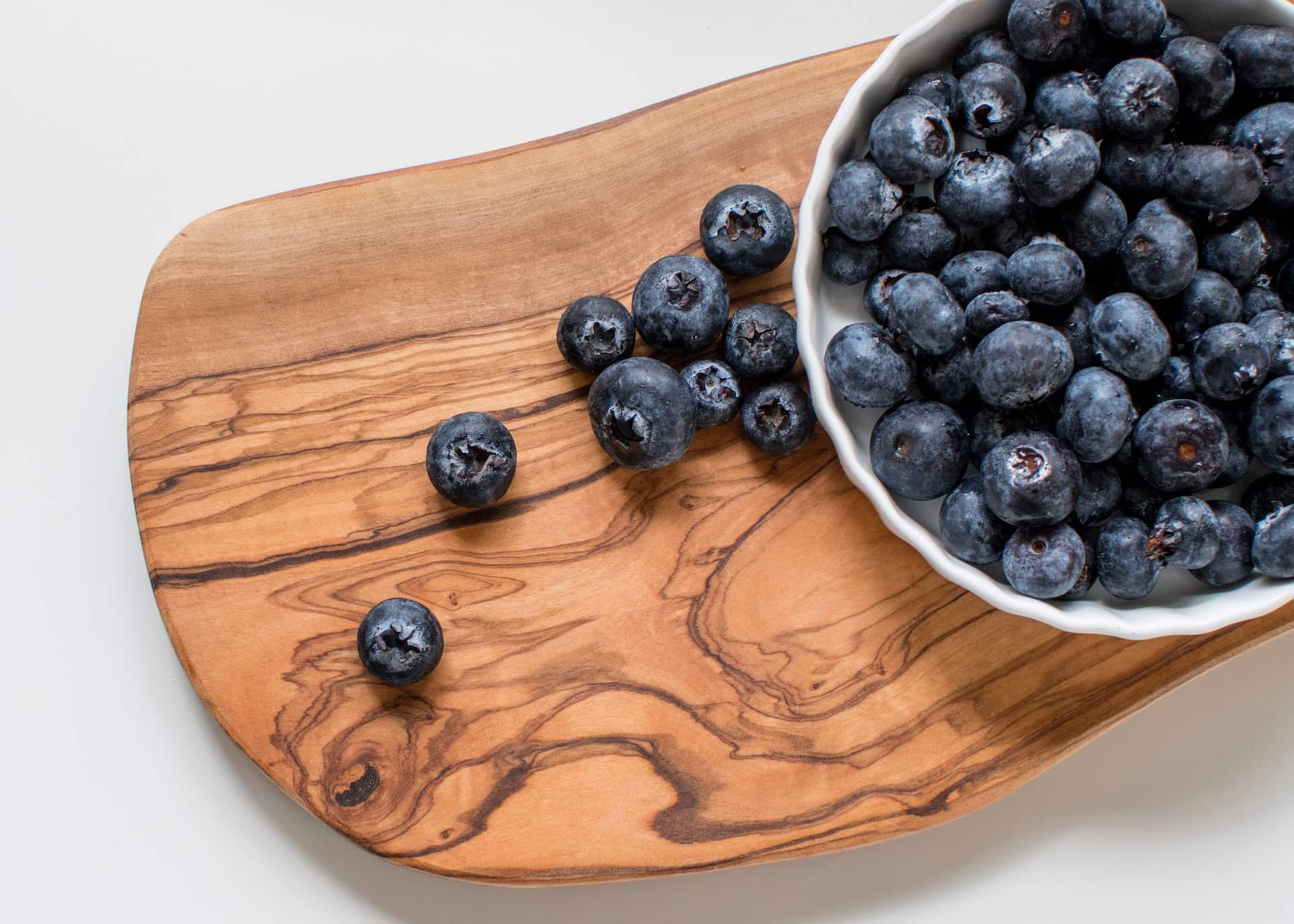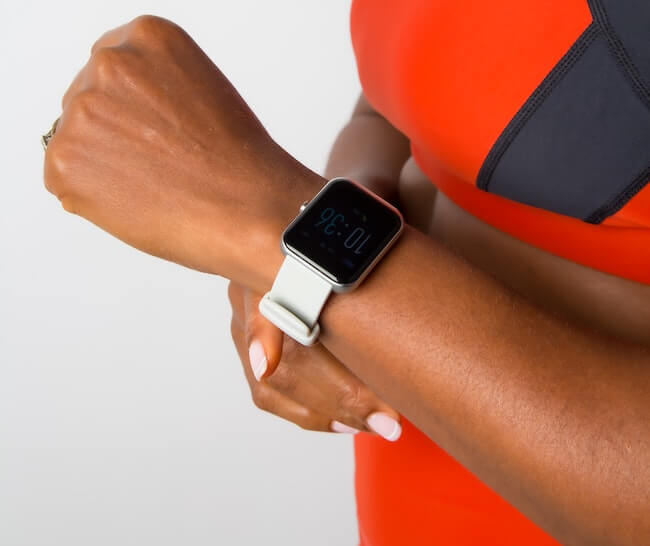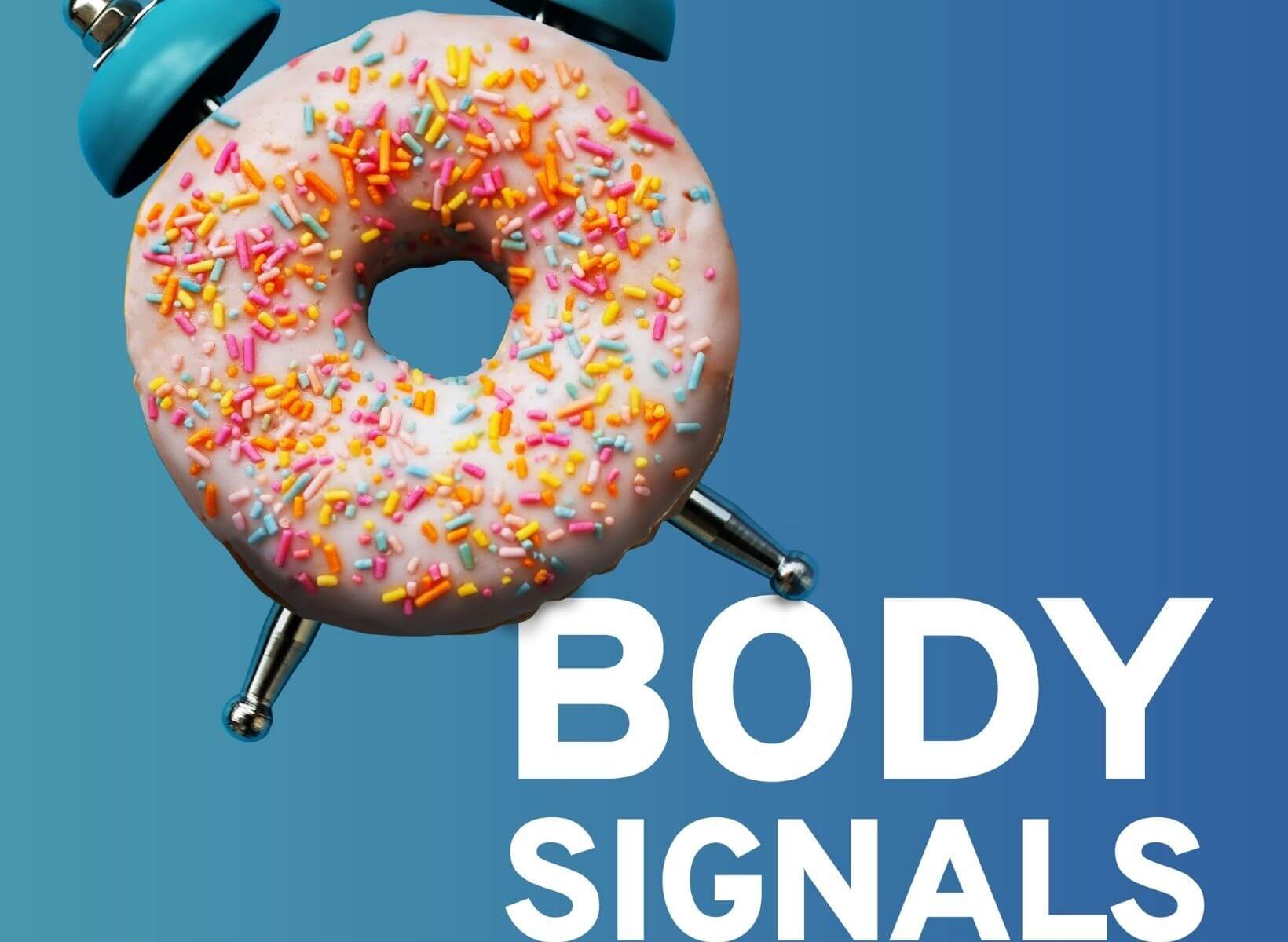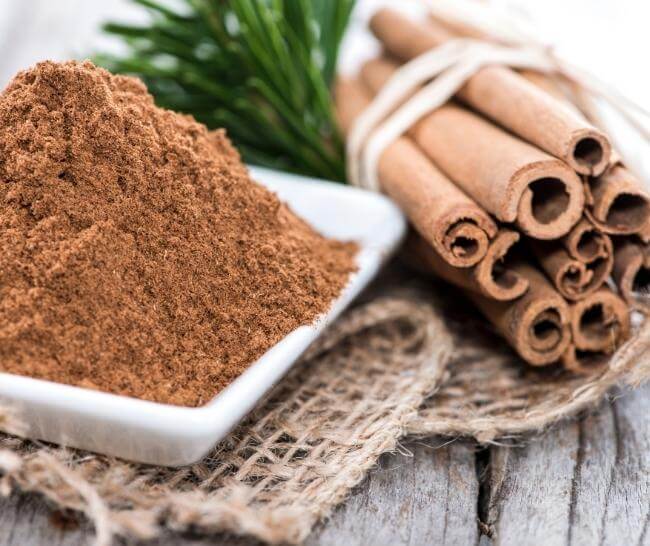Everywhere you look, a new fad weight loss diet seems to pop up, requiring you to restrict entire food groups or significantly cut back on calories, leaving you hungry and unsatisfied. These extreme crash diets aren’t sustainable for most people, so over 70% of Americans are overweight or obese.1
Recognizing how hard it is to stick with most diets, celebrity trainer Harley Pasternak (who worked with Hollywood elite like Kim Kardashian, Rihana, and Natalie Portman) designed the diet plan, The Body Reset Diet. This diet consists of a 15-day, smoothie-focused regimen incorporating low-intensity exercise. The diet quickly gained popularity after Jessica Simpson claimed to have lost 100 lbs in six months by working with Pastenak and following the recommendations outlined in his book.2
What is the Body Reset Diet?
The Body Reset Diet emphasizes balancing protein, fat, and fiber. This plan has three phases, each recommending different types of meals and levels of exercise, but throughout the 15-day diet, you’re directed to eat three meals and two snacks each day. In each phase, you must consume smoothies instead of traditional meals.
The number of smoothies varies from one to three per day, depending on the phase. The plan focuses more on diet than exercise. “It’s not about the workouts,” says Pasternak. “You don’t lose weight doing biceps curls and lunges. You lose weight by changing your diet.”2
{{mid-cta}}
How Does the Body Reset Diet Work?
The Body Reset Diet claims to reboot your metabolism and help you more efficiently burn calories by eliminating unhealthy foods, focusing on low-calorie, plant-based smoothies and other food, and incorporating gentle exercise like walking. This 15-day regimen offers some flexibility in the foods you can choose but requires you to replace some meals with smoothies.
Does the Body Reset Diet Help with Weight Loss?
Like other low-calorie diets, The Body Reset Diet will likely help you lose weight. Even with very little exercise, the human body burns a large number of calories per day for things like respiration, blood circulation, and cellular repair; this is called basal metabolic rate (BMR).
BMR will vary depending on height, weight, and muscle mass and can be roughly calculated using this equation. If you’re consuming fewer calories than you’re burning, your body will use stored fat for energy, which leads to weight loss.
Here’s what you can expect with this eating plan:
Short Term Effects
Due to the plant-focused low-calorie meal plan, most people will see two pounds per week, with a total of four to five pounds at the end of the 15 days.
Long Term Effects
If you continue to stick with a healthy dietary pattern incorporating green smoothies and plenty of vegetables, you can expect to maintain your results and even lose more weight. However, as you move away from the meal plan and add more solid foods back in, your caloric intake will naturally increase. You will stop losing weight when you are no longer in a calorie deficit. Adhering to a low-calorie diet long term can be challenging because the hunger signals to your brain can become stronger after a diet, driving you to eat more.3
The 3 Phases of Body Reset Diet Program Explained
The Body Reset Diet is broken down into three phases, all lasting five days. Below is a breakdown of each phase:
Phase 1
In this first phase, you are required to have three smoothies and two snacks per day. The smoothies contain protein (protein powder or unsweetened non-fat Greek yogurt), healthy fats (nuts, seeds, or avocado), and high-fiber carbs (fruit and veggies). The book has many options for different smoothies, all about 250-350 calories. The two allowed snacks per day should have at least 5 grams of fiber and be 150 calories or less. Some suggested snacks are celery with almond butter, veggies with hummus, or low-fat popcorn. Gentle exercise like walking is encouraged during this first phase, and you’re directed to get a minimum of 10,000 steps per day.
Phase 2
On days six through ten of the Body Reset Diet, you will swap out one smoothie for a healthy solid food meal. You’ll have two smoothies, one solid meal, and two snacks daily. You can decide if you’d like to have your solid meal for breakfast, lunch, or dinner. The book offers many healthy meal options, like low-calorie, plant-based salads, sandwiches, and stir-fries. In addition to 10,000 steps per day, you’re directed to do a short five-minute workout three days a week.
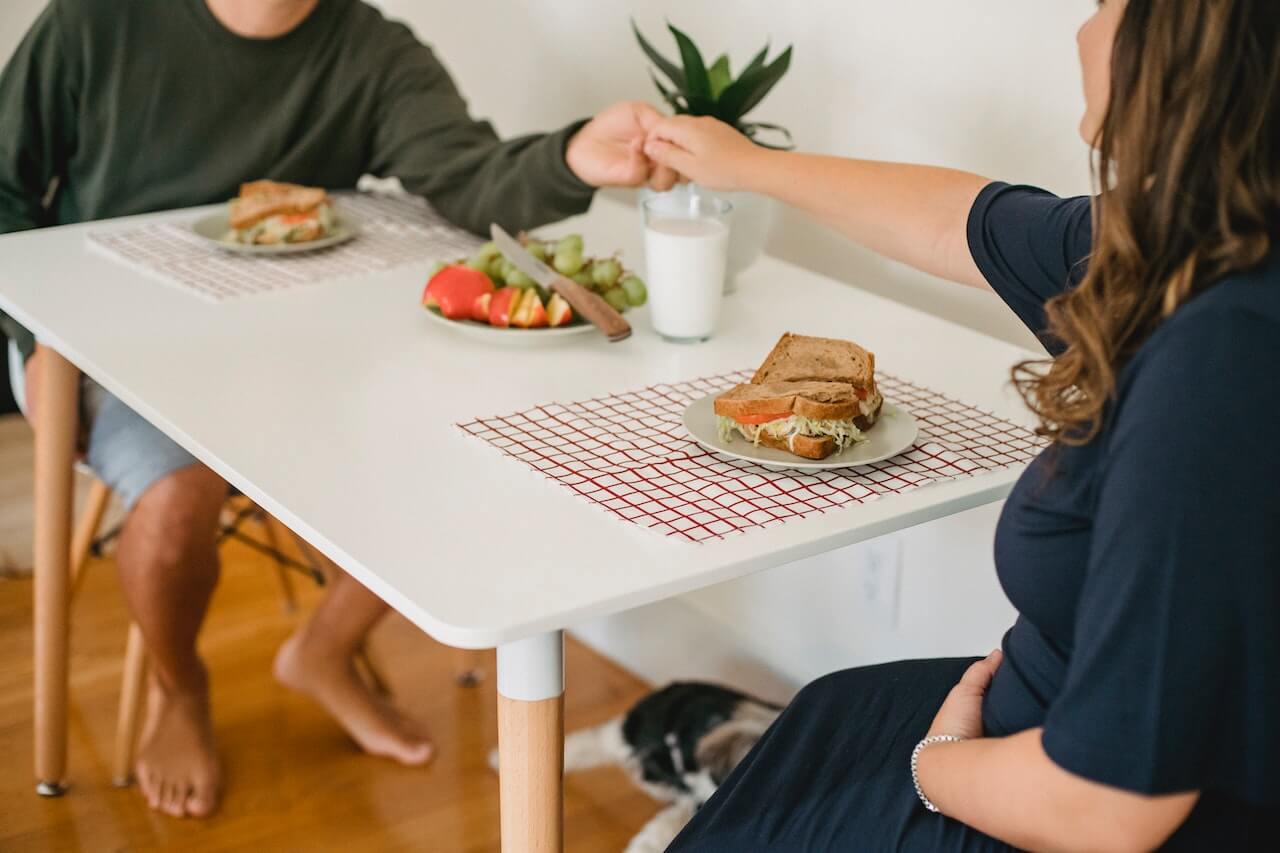
Phase 3
In this final phase of the diet, you will replace another smoothie with a solid meal, bringing you down to 1 smoothie a day, two solid meals, and two snacks. The exercise recommendations for phase 3 include resistance training five days a week. After completing the 15-day regimen, you’re advised to continue eating five times a day and have a smoothie instead of one meal. You’re granted more flexibility with two “free” higher-calorie meals per week, but you’re expected to keep up with the healthy habits you've built to maintain the results.
4 Benefits of the Body Reset Diet
It’s Straightforward
The framework of this diet is clear and easy to follow. You eat the same number of meals and snacks daily for 15 days, and the same foods are allowed throughout the diet.
It Requires Minimal Gym Time
In addition to adopting a new dietary pattern, some diets ask you to undertake a rigorous exercise program. Making multiple lifestyle changes at once can be difficult; the Body Reset Diet is ideal for people not looking to start an extensive exercise routine. You can fulfill the physical activity requirements for this program in just minutes a day.
Focused on Nutrient Dense Plant Foods
Whether eating a solid meal or drinking a smoothie, you'll consume many healthy fruits and vegetables. The plant foods recommended in the Body Reset Diet are high in fiber and phytonutrients, which are good for your waistline and overall health.
It’s Designed to be a Reset
Still trying to decide whether to commit to any long-term changes? No problem. As the name suggests, this diet is designed to be a reset, and you’re not required to adhere to it forever. By cutting back on processed and sugary foods that are staples of the Standard American Diet, you can rethink how you’d like to eat after the 15 days. Ideally, you will continue incorporating healthy plant-based foods into your everyday routine and practice gentle exercise.
4 Drawbacks of the Body Reset Diet
It’s Restrictive
The diet's first phase requires you to drink three smoothies a day instead of meals, which may feel overly restrictive to some people. While there are a wide array of plant foods to choose from, there is also a long list of foods not permitted. Eating out at restaurants during the 15-day program is difficult, so depending on your family or social commitments, it could be challenging to stick with.
It May Cause Bloating
This high-fiber diet, while healthy, may cause gastrointestinal distress for some. If you’re not accustomed to eating high amounts of fiber, you may experience cramps, gas, or bloating during the first five to seven days.
It’s Not Sustainable
The program is designed to be 15 days because it can be hard to adhere to long term. This diet requires planning, shopping, meal prep, and cooking and may not work on days or weeks when you’re low on time. If you return to your typical eating pattern following the reset, you will likely experience weight gain.
It Could be Expensive
The Body Reset Diet focuses on eating many fresh fruits and vegetables. While this is great for your health, remember it may cost more than you think. Depending on where you shop and what produce is in season, keeping your fridge stocked with enough food to eat five times a day for 15 days can quickly add up.
Who Shouldn't Try the Body Reset Diet?
The Body Reset Diet is generally safe but not for everyone. Due to its highly restrictive nature, it is not recommended for anyone with a history of disordered eating. Additionally, people with diabetes, heart disease, chronic kidney disease, or COPD should talk to their healthcare providers to discuss if the Body Reset Diet is right for them. Regardless of your medical history, checking with your doctor before beginning a new diet is always a good idea.
Getting Started With the Body Reset Diet
So you’re ready to jump in and wondering where to start? Smoothies are a staple of this diet, and you’ll have anywhere from one to three per day. So first things first - make sure you have a blender! Additionally, you must find time on your calendar to fully commit for 15 days. You’ll likely want to pick a quiet two weeks period with minimal engagements so you can cook at home and stay on track.
What to Eat on the Body Reset Diet
The Body Reset Diet allows you to mix and match fruits, vegetables, and other foods to make smoothies, snacks, and solid meals. Below is a breakdown of some of the foods that are permitted:
Foods You Can Eat
Fruit
- Apples
- Peaches
- Pears
- Oranges
- Berries
- Grapes
Vegetables
- Spinach
- Kale
- Arugula
- Romaine
- Avocado
Nuts and Seeds
- Flaxseed
- Almonds
- Walnuts
Dairy Products:
- Non-fat Greek yogurt
- Non-fat milk
- Non-dairy milk products
Whole Grains
- Popcorn
- Whole wheat crackers
- Whole wheat tortilla
- Whole wheat bread
Proteins
- Steak
- Chicken
- Fish
- Egg whites
- Tofu
Foods You Should Avoid
- Fried foods
- Egg yolks
- Bacon
- Sausages
- Bananas
- Melons
- Potatoes
- White bread
- White rice
- Candy
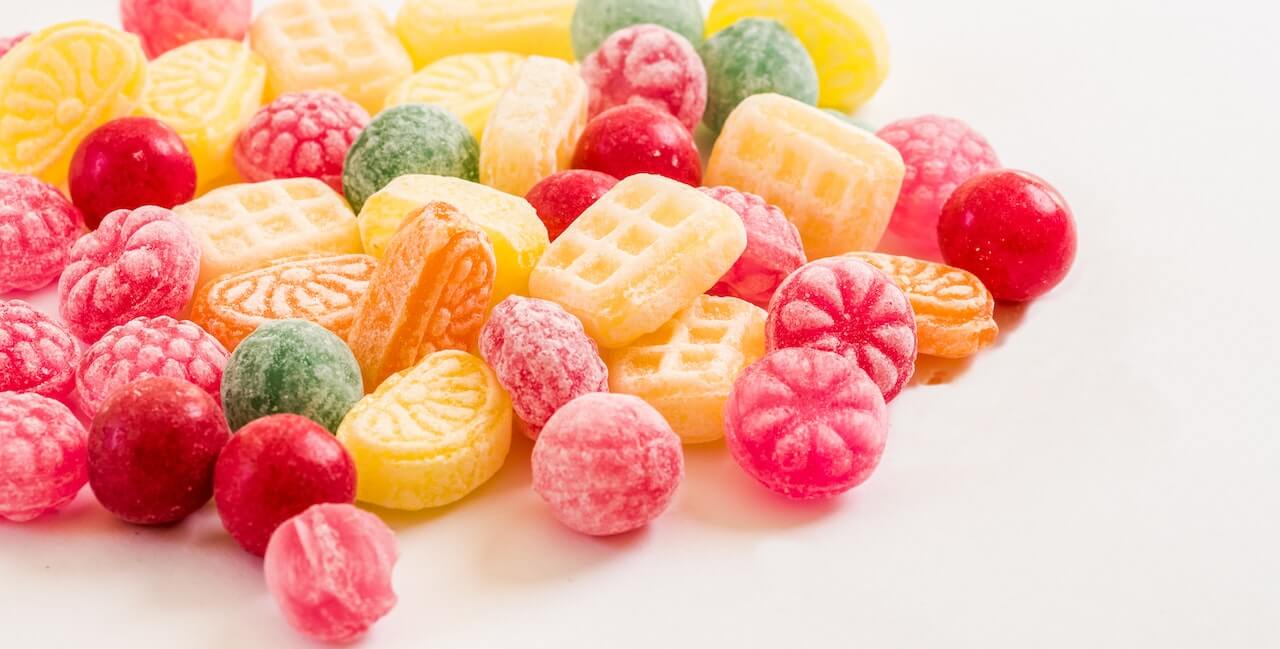
12 Body Reset Diet Meal Ideas
Here are some examples of meal plans for each phase. All of these recipes can be found in The Body Reset Diet Cookbook.
Phase 1:
- Breakfast: Apple Pie Smoothie
- Snack: Celery sticks with almond butter
- Lunch: Berry Cobbler Smoothie
- Dinner: Sweet Spinach Smoothie
Phase 2:
- Breakfast: Tropical Morning Smoothie
- Snack: Edamame
- Lunch: Tuna Tortilla
- Dinner: Caribbean Kale Smoothie
Phase 3:
- Breakfast: Herbed salmon scramble
- Snack: Air-popped popcorn
- Lunch: Berry lime smoothie
- Dinner: Chicken & veggie stir fry
How to Make the Body Reset Diet Budget-Friendly
The best way to make the Body Reset Diet work for your budget is to opt for frozen produce. Frozen fruits and vegetables are almost always less expensive, and you don't have to worry about them going bad in your refrigerator. Another option is buying locally grown or in-season produce, which is typically cheaper. Buying bulk at big box stores like Costco or Sam’s Club is also a great way to save.
Learn More About Health and Healthy Nutrition with Signos’ Expert Advice
Signos incorporates the latest cutting-edge research and the proven power of continuous glucose monitoring to help you lose weight and reach your health goals. Not sure if Signos is right for you? Take this quiz to find out! Interested in learning more about nutrition and healthy eating habits? Check out more articles on our blog.
- Item 1
- Item 2
- item 3
Topics discussed in this article:
References
- https://www.niddk.nih.gov/health-information/health-statistics/overweight-obesity
- https://www.usmagazine.com/celebrity-body/news/jessica-simpsons-trainer-reveals-her-post-pregnancy-meal-plan/
- Katarzyna Grzelka, Hannah Wilhelms, Stephan Dodt, Marie-Luise Dreisow, Joseph C. Madara, Samuel J. Walker, Chen Wu, Daqing Wang, Bradford B. Lowell, Henning Fenselau. A synaptic amplifier of hunger for regaining body weight in the hypothalamus. Cell Metabolism, 2023; DOI: 10.1016/j.cmet.2023.03.002






.jpg)
